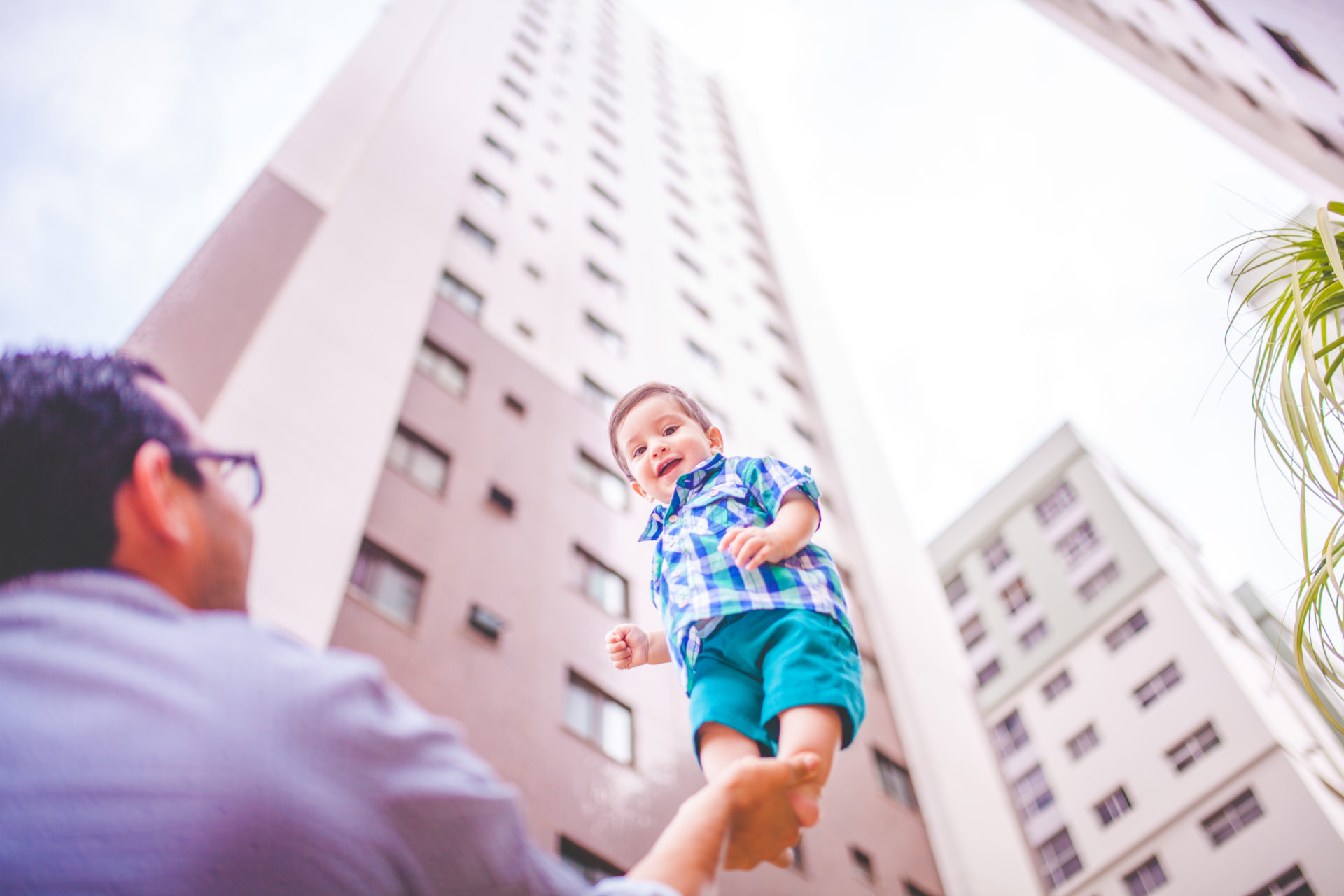Stresses of all kinds, loneliness, isolation, and criticism erase a child’s sense of connection, and make it harder for a child to love and learn. But I’m always amazed at how a little play full of laughter can quickly restore a connection between a parent and a child. Below, I’ve adapted a section from an article on “Playlistening” by Patty Wipfler, Founder of Hand in Hand Parenting.
A kind of play, known as Playlistening, eases tensions and helps a parent and child dissolve power struggles and daily upsets.
So, rather than tell your child what to do in a serious, adult-like tone, try to find a way to playfully take the less powerful role. As your child begins to laugh, continue to play that role, doing precisely what makes her laugh over and over again.
Follow her lead. If she runs away, follow her, but as the less competent, befuddled one. If she pushes you, fall over with comic drama. If she chases you, run and yelp until she catches you. Children benefit greatly from the laughter they do while they play that they are smarter, bigger, stronger, and swifter than adults.
If you are being challenged on a limits issue, such as a finger in the sugarbowl, you can playfully and lightly say no: “Ooh, there goes that finger—no, no, no, little finger! No sneaking into the sugarbowl. Now, I’ll wipe you off, and I know you won’t go in there again!!” Much laughter will ensue, with that persistent little finger sneaking back into the bowl for you to playfully catch and “scold” again and again, so that more laughter can be had.
If your child refuses to put her jacket on, you might playfully get down on hands and knees, pull at her shirttail, and say, “Oh, Pleeeease! Just touch your jacket before we go outside!” Your child will probably giggle, crow “No! Not even a touch!” and run away. You can lumber after her, begging pitifully, while she laughs away the stresses that created the power stru ggle with you. After a few minutes of allowing her the upper hand, she is more likely to be able to choose to put on her jacket.
ggle with you. After a few minutes of allowing her the upper hand, she is more likely to be able to choose to put on her jacket.
Children hunger for this kind of laughter and active fun with you. It will bring you closer to each other. The more laughter you can elicit from your child through listening in this playful way, the safer she will feel to let you know about other upsets in her life.








